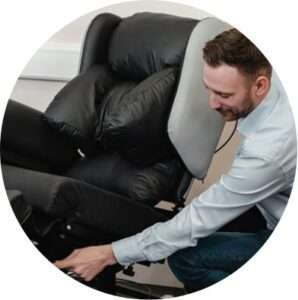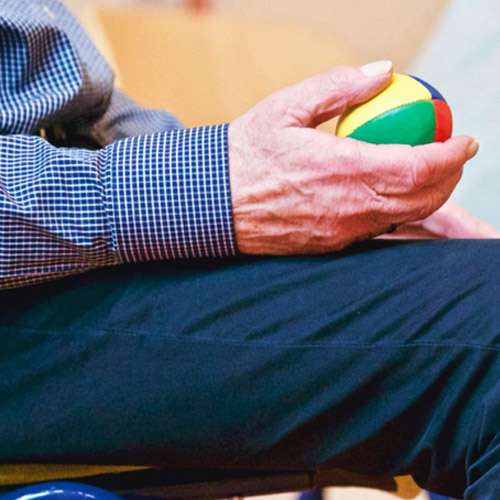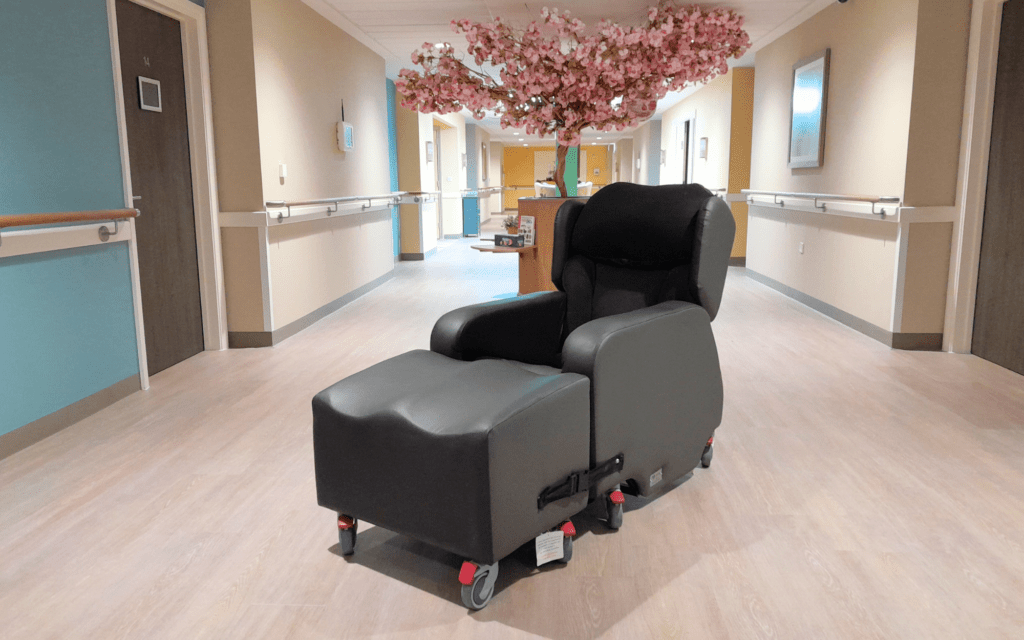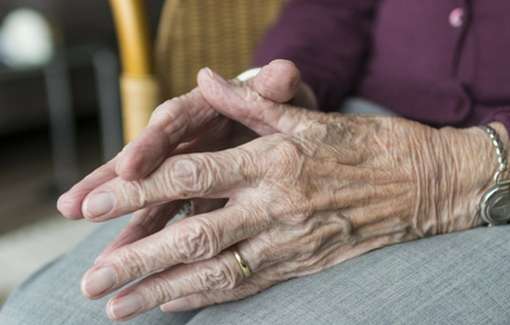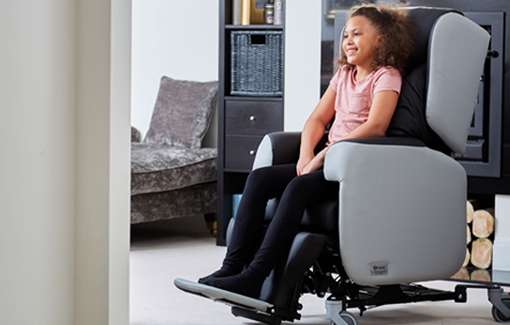The Royal College of Occupational Therapists (RCOT) has revealed that 66% of their members report “difficulties delivering rehabilitation services” citing a lack of access to equipment & suitable facilities among the main issues.
Survey Results
In a survey of their members, RCOT found that there are various factors impacting the availability & quality of patient care, and that Occupational Therapists (OT’s) are experiencing a shortage of equipment that is negatively affecting their ability to provide rehab services to patients.
Over 550 respondents working in the UK across all age groups from children to the elderly took part in the survey regarding rehabilitation services in the UK — the largest of this kind in RCOT’s history.
Occupational Therapy Equipment Issues
Occupational therapists noted that “the need for infection control, supplier issues, increased costs for retailers & concerns over the availability of staff in stores to locate and deliver equipment” were obstacles that delayed or made it impossible to procure important rehabilitation equipment.
The respondents, more than three-quarters of whom work in NHS roles (community or acute service focused), also reported that this reduced access to equipment has come at a time when there has been a huge surge in the demand of their services; with 82% seeing an increase in requests for rehabilitation services over the last six months.
Shortage of Occupational Therapists
With more people than ever before requiring therapy-led rehabilitation, this adds strain to an already stretched profession where demand greatly outpaces workforce growth. Occupational therapy has been included in the UK’s Shortage Occupation for Healthcare List for several years in a row.
The survey, conducted in March 2022, also showed that 71% of OT’s felt that “there were simply not enough occupational therapists to meet demand”.
Commenting on the survey, RCOT Director of Practice and Innovation, Karin Orman said:
“This simply isn’t sustainable and there isn’t a big enough workforce to currently meet demand.
“Across the UK, health and social care leaders need to invest more in rehabilitation services and drive the recruitment of more occupational therapists as a matter of urgency. Not in a few years but now.”
Lack of Access To Rehabilitation Spaces
The survey also showed that reduced access to the spaces needed to effectively deliver rehabilitation services has also been a recurring issue and has only increased since the beginning of the COVID pandemic with OTs in some cases needing to “utilise shared spaces such as corridors gyms or kitchens to conduct phone appointments or carry out admin tasks”.
While parts of the healthcare delivery system have been able to easily transition to a virtual world, occupational therapy as a profession has not benefited from the boom in digital and telehealth solutions; with many therapists finding these “inappropriate to use, especially with patients who have cognitive issues”.

External Pressures Causing Slowdown
Healthcare providers generally continue to operate under increasingly untenable financial slowdowns with the NHS spending increasing by an average of 1.6% since 2011/12, this is set against a backdrop of a 3.6% yearly increase over the services’ lifetime.
Research from the independent think tank King’s Fund on the impact of external financial pressures to patient care has found that those “pressures are having a significant impact on staff”, with many health care professionals acting as “shock absorbers, working longer hours & more intensely to protect patient care. This has led to a “dilution of quality [that] may damage patient experience and outcomes”, the study concluded.
The full findings from the Royal College of Occupational Therapists’ ‘Rehabilitation Workforce Survey’ March 2022 survey can be found here.
To find out more please get in touch with our team:



